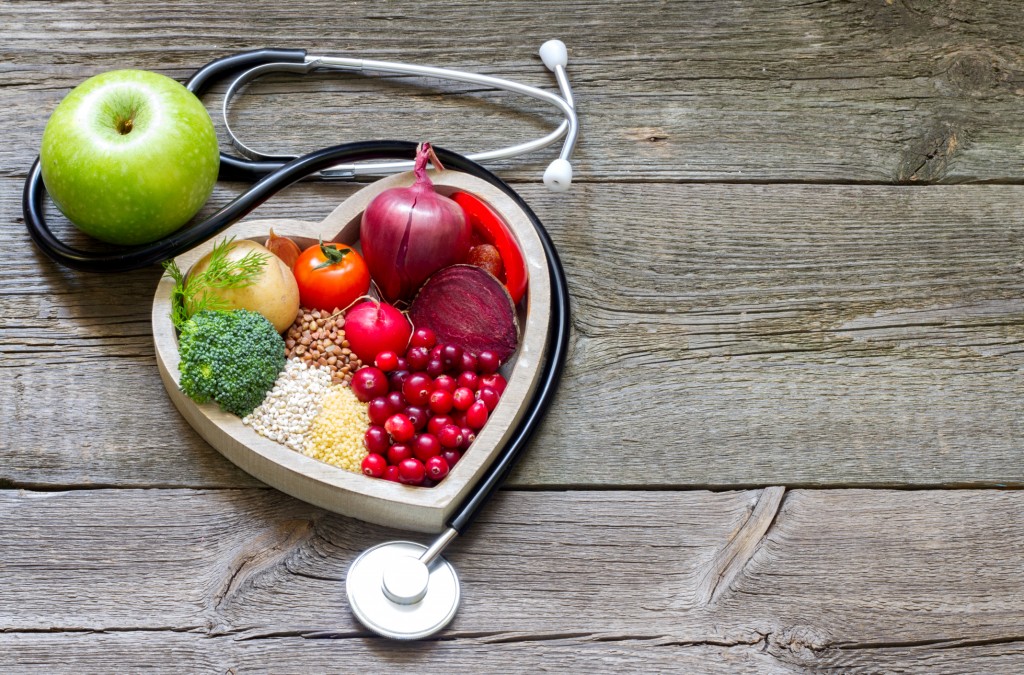One of the most common diseases afflicting Americans is hypertension or high blood pressure. While many enlist the help of medication to lower their blood pressure, that is not the only way to mitigate the associated risks. If you have been diagnosed with high blood pressure or are at risk due to your lifestyle or habits, it’s important to understand easy changes that may dramatically improve your disposition.
Diet. The foods we eat and beverages we regularly consume are correlated to our blood pressure. Foods saturated in fat and cholesterol increase blood pressure, but fruits, vegetables, whole grains, and low-fat dairy can help lower it.
Mind your weight. As your weight fluctuates, so can your blood pressure. An increase or decrease of 10 pounds may not seem like a lot, but it can make a big difference in your blood pressure.
Reduce Stress. When we become stressed, our cortisol increases and our blood pressure rises. To maintain or reduce your blood pressure, analyze the stressors in your life and find activities that help you overcome those stressors.
Watch your sodium intake. Even seemingly harmless amounts of sodium intake can adversely affect your blood pressure. If you are at risk or have recently been diagnosed with hypertension; begin reading food labels, reduce the amount of processed foods in your diet, and don’t oversaturate your meals with salt.
Exercise. Your blood pressure fluctuates, but cardio-driven activities such as walking, swimming, cycling, and dancing are all great activities to help reduce blood pressure.
If you would like more information on blood pressure, contact Dr. Gordon C. Gunn MD at 714-912-2211 or visit www.gordongunnmd.com to schedule an appointment today. Dr. Gordon Gunn proudly serves Fullerton and all surrounding areas.









